reading documentation about LocalDate in Java, the documentation says LocalDate.now() "Obtains the current date from the system clock in the default time-zone.". So if I am in Madrid-Spain and lets imagine right now is 28-09-2022 01:12(GMT+02:00)
The date stored in LocalDate is 28-09-2022, not 27-09-2022 that would be UTC date. Right?
When you print a LocalDate, it is not considered the timezone of the system to print it because LocalDate does not have any timezone information, just print the value stored, right?.
So, there are differences with Date objects because Date objects store UTC date and times, right?
The documentation says "This class does not store or represent a date or time-zone", so in order to do the next, how can it be done the second sentence if localDate has not timezone information?
LocalDate localDate = LocalDate.now(); ZonedDateTime zonedDateTime = localDate.atStartOfDay(ZoneId.of("EST5EDT")); System.out.println(zonedDateTime);
